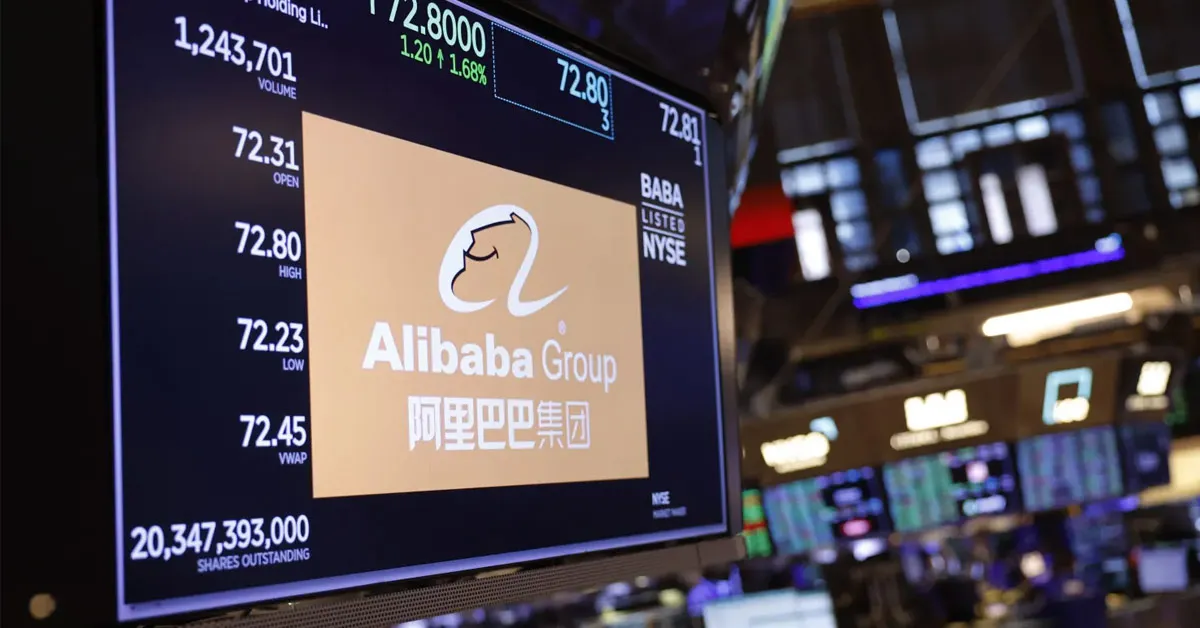Alibaba Group Holding Ltd. (NYSE: BABA) is back in the spotlight as its stock continues to rally sharply in 2025, driven by renewed confidence in its e-commerce and instant commerce strategy. The company recently committed $281 million to transform thousands of convenience stores across China into Taobao-branded outlets, according to the South China Morning Post.
Hu Qiugen, general manager of Alibaba’s instant commerce division, said the upgraded stores would use the company’s digital infrastructure to offer a “one-stop, 24-hour and 30-minute delivery’ service – a move designed to strengthen Alibaba’s presence in the booming on-demand retail segment.
China’s instant commerce sector is expected to reach 2 trillion yuan (about $280 billion), based on estimates from the Chinese Academy of International Trade and Economic Cooperation. Against this backdrop, competition between Alibaba and rival Meituan has escalated.
Bloomberg reported on November 7 that some analysts, including the financial services company UOB Kay Hian’s Julia Pan, have been capitalizing on a pair trade strategy by going long on Alibaba while shorting Meituan. Pan argued that Alibaba’s strength comes from its “deep cash reserves, which allow it to sustain subsidies and flexibly adjust strategies.” The market seems to agree – Alibaba shares are up 90% in 2025, while Meituan has fallen 32%.
However, not all market observers share the same optimism. Aberdeen Investments fund manager Xin-Yao Ng remains cautious, noting that Alibaba “has been losing e-commerce market share for a long time” and warning that “the e-commerce profit drag will outweigh cloud growth for some time.” His comments reflect concerns that Alibaba may need to continue heavy investments to defend its core business, which could pressure margins in the near term.
Adding to the uncertainty, fresh geopolitical tensions have emerged. The Financial Times reported that a White House memo accuses Alibaba of providing technological support to the Chinese military for operations against U.S. targets. The memo reportedly contains declassified intelligence, though it does not specify the nature of the alleged capabilities or operations. Alibaba quickly denied the claims, calling them “completely false” and questioning the motivation behind the leak. “This malicious PR operation clearly came from a rogue voice looking to undermine President Trump’s recent trade deal with China,” the company said. Following the report, Alibaba’s U.S.-listed shares fell 4.2%.
The Chinese embassy in Washington has not yet commented on the matter.
For investors watching BABA, the picture is both promising and complex: powerful growth drivers, intensifying local competition, and geopolitical headwinds all converging at once. The coming weeks may determine whether Alibaba can maintain its rally or face renewed volatility.






